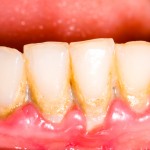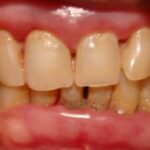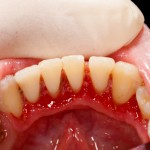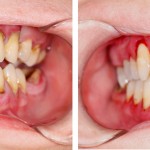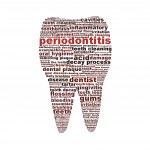
This review compared vitamin D levels in individuals with or without periodontitis, and the effects of scaling and root planing (SRP) +vitamin D on periodontal clinical parameters in patients with periodontitis. The findings suggest a possible benefit but the quality of evidence means the findings should be interpreted very cautiously.
[read the full story...]
